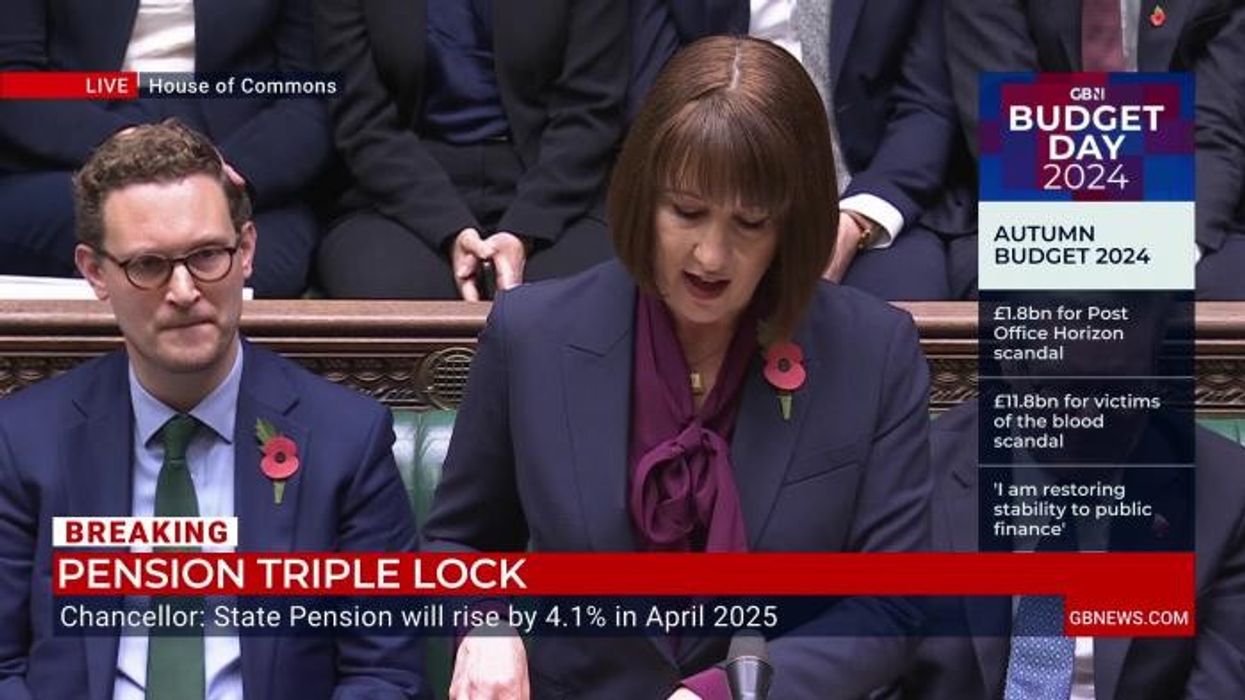National Insurance rate to RISE to 15% next year in Budget blow to employers

Ahead of the Budget, many analysts speculated a National Insurance raid would be launched by the Chancellor
Don't Miss
Most Read
Chancellor Rachel Reeves has confirmed employers will pay more in National Insurance (NI) from next year.
Slammed by businesses as a "tax on jobs", the rate hike will see bosses pay 15 per cent on contributions, up from 13.8 per cent.
On top of this, the current threshold of £9,100 will slashed to £5,000 from April next year, in what was described by the Chancellor as a "difficult decision".
As it stands, employers pay National Insurance a rate of 13.8 per cent on an employee's earnings above £175 a week.
This move from the Chancellor represents a 1.2 per cent hike on NI contributions for employers.
Combined, the hike to the NI rate and lowering of its threshold for bosses is part of the Chancellor's funding plans.
Do you have a money story you’d like to share? Get in touch by emailing money@gbnews.uk.

Keir Starmer is under fire for being perceived to be going against his pledge
| PAReeves is looking to earn £20billion from the tax overhaul to generate a windfall for the NHS.
Before July's General Election, Labour promised that it will not raise NI contributions for "working people".
This pledge also included not raising income tax or VAT on those are considered to be "working".
As such, speculation spread that businesses would be targeted by the Government instead.
Contributions are made by both employees and employers through National Insurance which is a tax on earnings, or on profits for the self-employed.
National insurance (NI) is essentially a tax on everything someone earns, or the profits they make if they are self-employed.
During the Budget, Reeves outlined why the Government views hiking the rate on employers as a necessity.
She explained: "But any responsible Chancellor would need to take difficult decisions today. To raise the revenues required to fund our public services.
LATEST DEVELOPMENTS:

Reeves outlined the rate changes in her Budget announcement
|PA
"And to restore economic stability. So in today’s Budget, I am announcing an increase in employers’ national insurance contributions.
"We will reduce the secondary threshold – the level at which employers start paying national insurance on each employee’s salary – from £9,100 per year to £5,000.
"This will raise £25billion per year by the end of the forecast period. I know that this is a difficult choice. I do not take this decision lightly."
On the Budget, MHA's head of tax Patrick King said: "Most businesses accept that something had to be done – they know there is a problem that needs to be fixed with our finances. And as tax advisers we see why the NIC increase for business was chosen to do much of the heavy lifting in terms of revenue raising.
"It’s easy to introduce and the current weakness of any political opposition to the Government means it will probably be accepted across the country as the least worst option."











